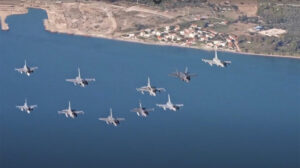Since Monday, September 30, NATO’s “air heartbeat” has been centered at the 117th Combat Wing of the Hellenic Air Force. For the first time in Europe, the NATO exercise codenamed “Ramstein Flag 24” took place at the Andravida Air Base. Over 140 allied aircraft from the majority of NATO member countries participated in the exercise.
This is the largest NATO exercise ever held in Europe. Within the first 24 hours alone, more than 100 takeoffs occurred, involving allied military aircraft, including Greek ones. Fighter jets, air tankers, and airborne radar planes flew over the Ionian Sea and the mainland, implementing various scenarios with participation from naval and ground forces.
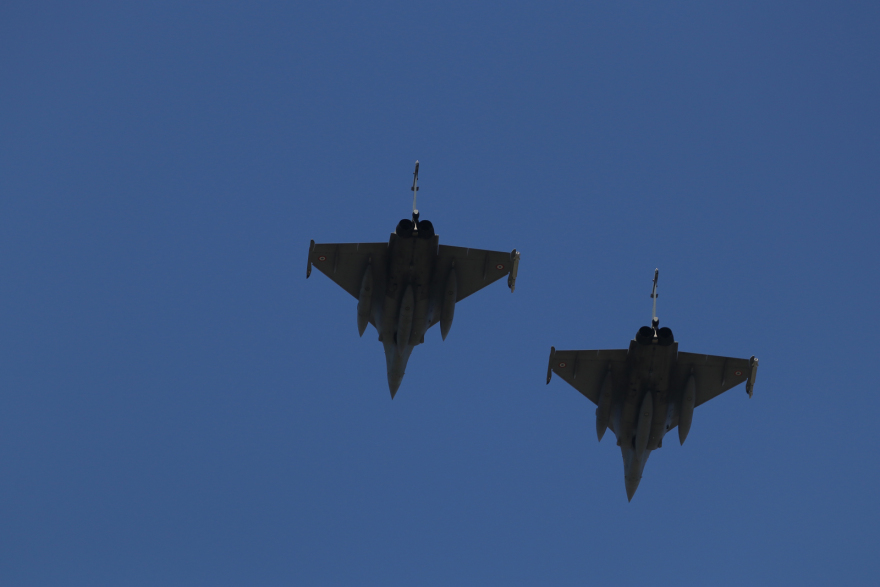
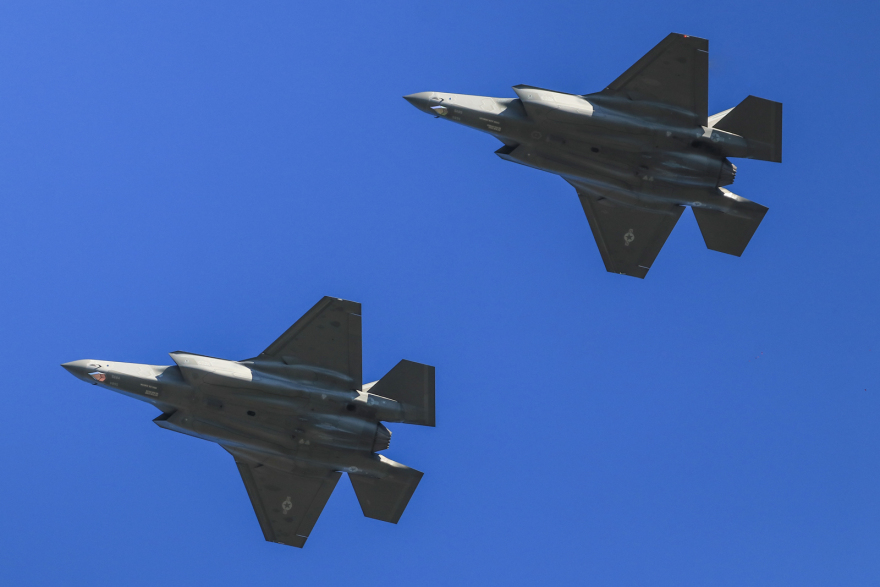
One notable absence from the exercise was Turkey, which refused to submit flight plans for its fighter jets to cross the Aegean Sea, disputing the jurisdiction of the Greek FIR. Greece’s firm stance on issues of national sovereignty in the Aegean led Turkey to withdraw after its objections were not accepted by NATO.
A striking element of the exercise is NATO’s official video, featuring footage of the island of Ai Stratis, home to a monument for fallen pilot Nikos Salmas, who died in 1992 during an air battle with a Turkish F-16. The exercise symbolically highlights Greece’s role in safeguarding its airspace.
The Importance of the Exercise
According to NATO’s Air Command, the exercise is part of a strategic necessity to continuously affirm NATO’s air superiority. The exercise addresses changes in European security, specifically after Russia’s illegal invasion of Ukraine in 2022, making it essential to test capabilities and integrate new forces.
The goal of “Ramstein Flag 24,” as stated by U.S. General James B. Hecker, is to ensure that allied forces are trained to maintain air superiority. The exercise is designed to improve decision-making capabilities in complex, dynamic operational environments, reinforcing cooperation and interoperability among NATO members.
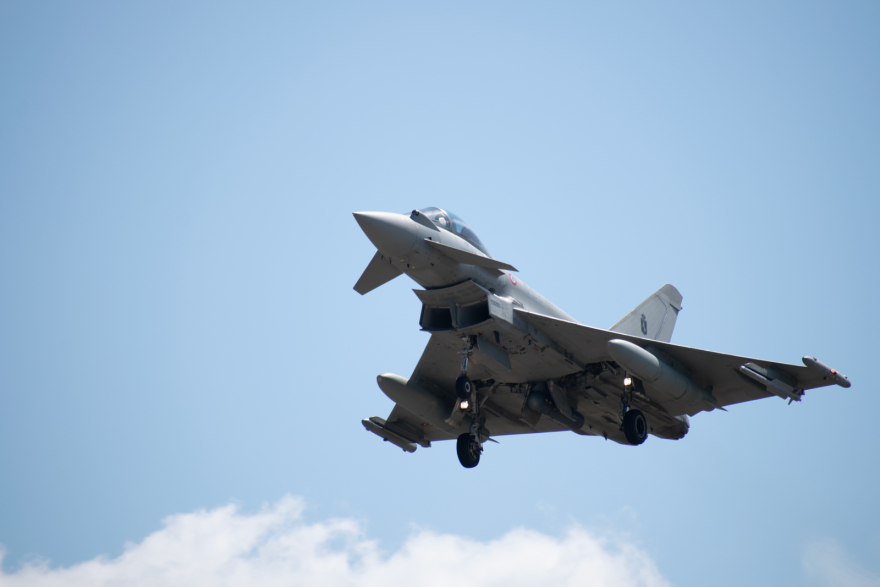
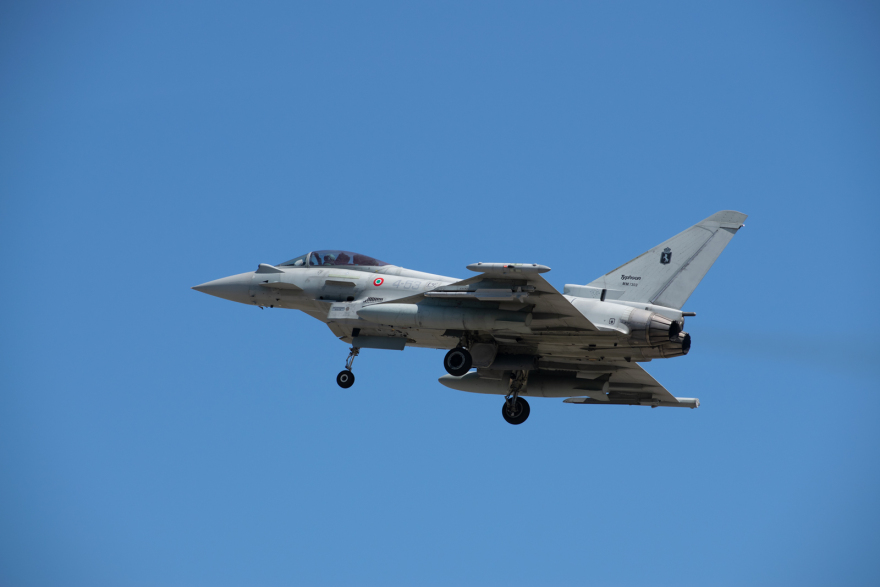
Participating aircraft include F-35s from the U.S. and Italy, French Rafales and Mirage 2000-5s, Gripens from Sweden and Hungary, Eurofighter Typhoons, U.S. F-18s, and F-16s from various countries, along with NATO and French AWACS planes. The exercise also involved naval and special forces, including air refueling support from Canadian aircraft based in Preveza and British ISR aircraft from Souda Bay, Crete.
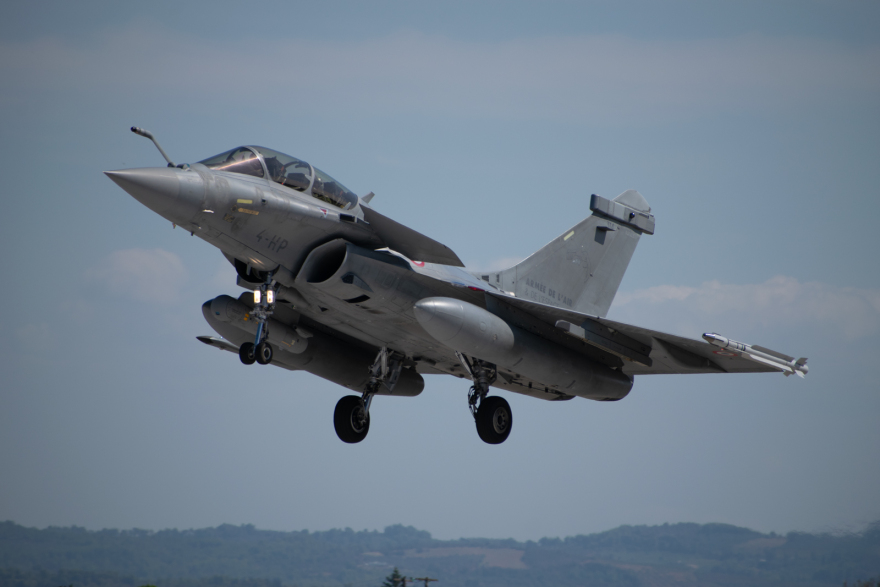
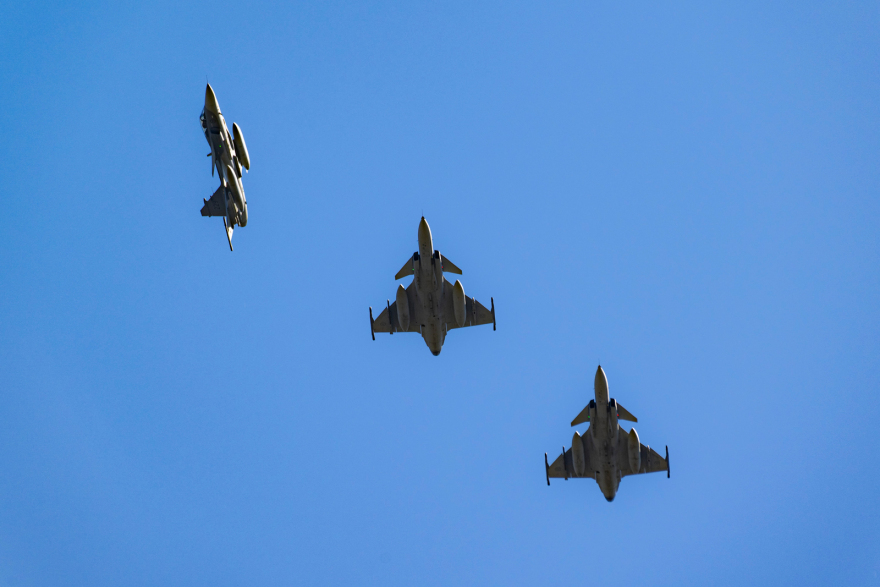
Integrated Air and Missile Defense (IAMD)
NATO’s Air Command emphasized the importance of integrating fighter aircraft, ground systems, surveillance aircraft, and naval forces to ensure a strong and effective Integrated Air and Missile Defense (IAMD) system. This is crucial given the increased missile and drone threats near NATO borders due to Russia’s actions in Ukraine.
Significant Greek Participation
Greece played a crucial role, with multiple units and combat wings, including bases in Larissa, Anchialos, Tanagra, Araxos, and Andravida, actively participating. Greek forces simulated complex scenarios, operating alongside NATO standards, demonstrating NATO’s commitment to collective defense.
In conclusion, the “Ramstein Flag 24” exercise highlights NATO’s preparedness and Greece’s pivotal role in ensuring European stability and security.
Ask me anything
Explore related questions
